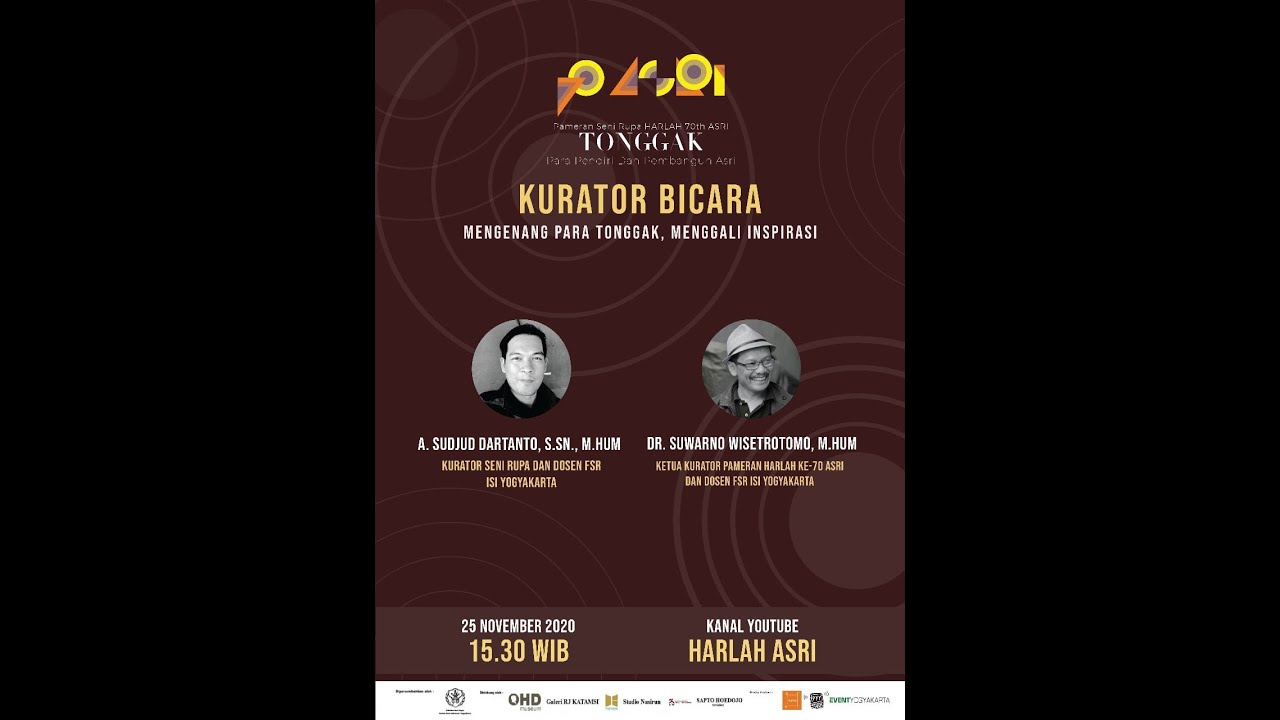Peer Writing Review Process | Otis College of Art and Design
Summary
TLDRMaggie Light, an English faculty member at Otis College of Art and Design, discusses the peer review process in writing. This method helps students improve their essays by having peers read and critique each other's work. She emphasizes that while writing is often a private act, editing should be public. Peer review allows writers to see their work from another perspective, refine their arguments, and organize content more clearly. Light encourages students to offer specific feedback, be open to criticism, and use the process to produce concise, compelling writing.
Takeaways
- 📝 Peer review is a process where students read and revise each other's work to improve clarity and organization.
- 📚 The goal of peer review is to generate compelling, clear, and concise content by receiving feedback from others.
- 👂 Writers often have a hard time seeing issues in their own work, and peer feedback helps address that.
- 🎯 First drafts are often disorganized, and peer review helps refine and focus the content.
- 🔍 Reviewers should read the essay quickly for an overview, then reread slowly to provide detailed feedback.
- 🤝 The peer review process involves discussing the feedback and providing specific, constructive suggestions.
- 🔗 Reviewers should pay attention to structure, organization, and whether the main argument is supported with evidence.
- 💬 Positive feedback is just as important as constructive criticism, and both should be specific and actionable.
- 💪 Writers need to develop a thick skin for critique and should use peer feedback to objectively assess their work.
- ✨ Writers don't have to accept all feedback, but should consider revisions carefully and seek clarification when needed.
Q & A
What is the purpose of peer review in the writing process?
-Peer review helps writers improve their work by allowing others to provide feedback on clarity, organization, and content. It makes the revision process more effective and helps students create compelling, clear, and concise content.
Why are we not always the best critics of our own work?
-Writers are often too connected to their material, making it difficult to see issues like underdeveloped ideas or disorganization. Things that are clear in our minds may not translate well on the page.
What should be the first step when conducting a peer review?
-The first step is to read through the entire essay quickly to get a sense of its content. After that, you should reread the draft slowly, making remarks where appropriate.
What qualities should a reviewer bring to the peer review process?
-A reviewer should be enthusiastic, focused, and generous while editing. They should give the same attention to their partner's essay that they would want for their own work.
What are some key questions to ask when reviewing a peer’s essay?
-Key questions include: Why is this student writing this? Is the argument or main idea supported with evidence and significant detail? How is the essay organized or structured?
What type of feedback is considered most helpful during peer review?
-Specific feedback is the most helpful. Instead of vague comments like 'this part doesn't work,' reviewers should point out specific passages that are unclear or unsupported and offer solutions.
How should writers respond to peer feedback?
-Writers should not take criticism personally and need to develop a thick skin. They should use feedback to revise their work and take the comments as an opportunity to improve.
What are three final reminders given for the peer review process?
-The three final reminders are: (1) Take chances and be bold with your writing, (2) Give yourself a break, as sharing your writing can be difficult, and (3) Trust your instincts when considering reviewer suggestions.
What should a writer do if they don’t agree with some of the reviewer’s suggestions?
-Writers should carefully consider all suggestions but don't have to agree with them. If they're confused, they should ask the reviewer or their instructor for clarification.
What is the main goal of the peer review process?
-The main goal is to help writers improve their work by making their ideas more clear, concise, and well-supported, ultimately leading to stronger, more compelling essays.
Outlines

Esta sección está disponible solo para usuarios con suscripción. Por favor, mejora tu plan para acceder a esta parte.
Mejorar ahoraMindmap

Esta sección está disponible solo para usuarios con suscripción. Por favor, mejora tu plan para acceder a esta parte.
Mejorar ahoraKeywords

Esta sección está disponible solo para usuarios con suscripción. Por favor, mejora tu plan para acceder a esta parte.
Mejorar ahoraHighlights

Esta sección está disponible solo para usuarios con suscripción. Por favor, mejora tu plan para acceder a esta parte.
Mejorar ahoraTranscripts

Esta sección está disponible solo para usuarios con suscripción. Por favor, mejora tu plan para acceder a esta parte.
Mejorar ahoraVer Más Videos Relacionados
5.0 / 5 (0 votes)






